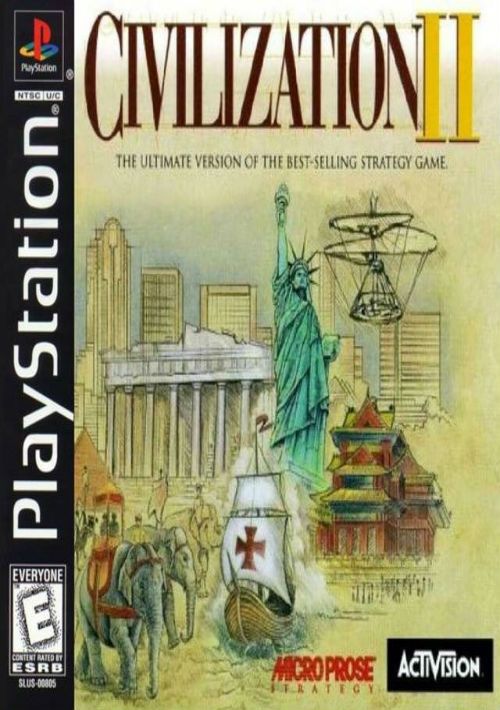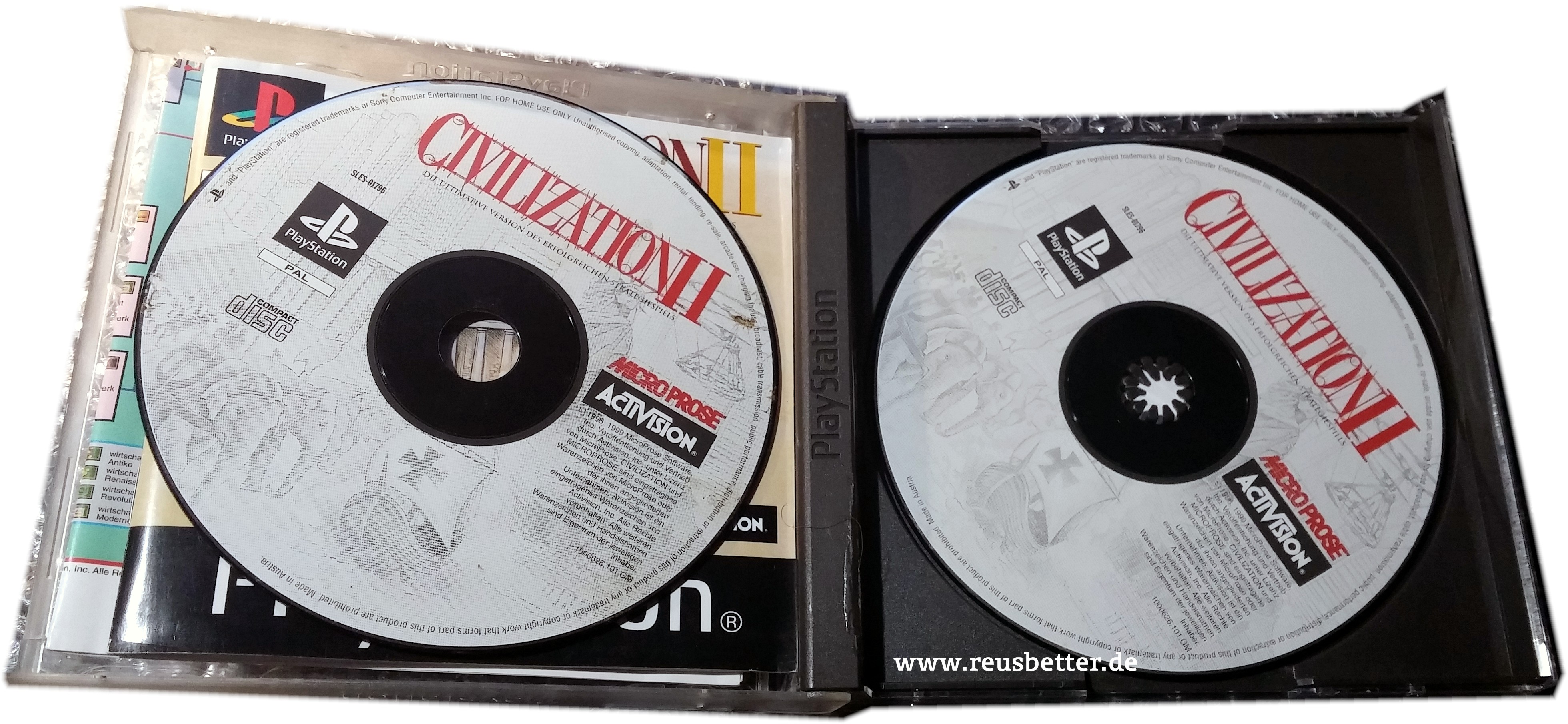

They may build units, city improvements or wonders of the world. All of the map is unexplored except the starting units' immediate vicinity, and exploration is a top early-game priority.Ĭities occupy one tile and harvest yields from nearby tiles: food, trade and production. Players begin with one or a few units, including settlers to found their first cities, in 4000 BC. Different terrain types, special resources and improvements such as irrigation are present on different tiles. A human player may generate a random map based on his specifications, or opt for a pre-made map. The game takes place on a map made of tiles. Only a single-player mode was available until the release of the Multiplayer Addon. The computer will intelligently control multiple rival civilizations. A player, when creating a game, may pick one of 21 historical civilizations or a custom-named civilization. Note the different types of terrain.Īs a turn-based strategy game, Civilization II realistically models the historical development of human civilization. The several units on the map are engineers and a cruiser ship (bottom left). It's fantastic and in my opinion one of the greatest games ever made.The main game screen and map in Civilization II. To have survived as long as it has is testament to it's durability.

In light of Civilisation IV's release it's probably not the same playing #2. All forms of government range from the religious fundamentalism to the senate-run republic. People won't be afraid to start riots in a democracy. The problem here is that with more freedom comes more responsibility. However running a democracy allows the citizens of your empire more allowance and thus creates larger cash flow. If you're a monarchy the freedoms of the people are quite restricted, thus not producing much trade. The ideology of your government can effect your empire too. The bigger your empire the more demanding your people become. Be careful though, you might yourself having to fend of hostile barbarians. Sometimes it's scrolls of science, other times it's units or money. As you explore you may find small tribes that offer you gifts.

This isn't easy - it requires a large amount of units and trained mercenaries. You can conquer other empires by capturing or plundering all of their cities. However, if your goal is financial or scientific you may want to build markets or libraries. For example, if your goal is to build up an army, building barracks and units will aid your war exploits. Certain city improvements will give you different advantages. You can choose what kind of empire you would like to lead, be it a violent militaristic expansionist (like the Romans) or a peaceful idealist (the Indians). They can either form a new city, or develop land to help existing ones. You start the game with a settler (or two). As the god of your empire, you must build up your cities, explore strange new lands and discover new technology. How can a game with such limited graphics resources, outdated textures and slightly annoying sound effects still be so easily re-playable after nearly ten years of it's release? (Not to mention at least three follow ups!) Simple - charm and depth. Deus Ex, Half Life, Championship Manager and more recently The Movies captivated me profoundly, but only Civilisation II had me truly astonished.

Psx civilization ii Pc#
In my own personal estimation the higher echelons of PC gaming are dominated by those that have a profound effect on our senses.


 0 kommentar(er)
0 kommentar(er)
